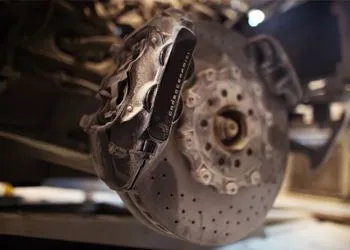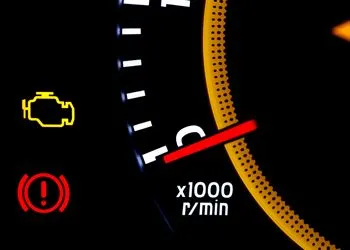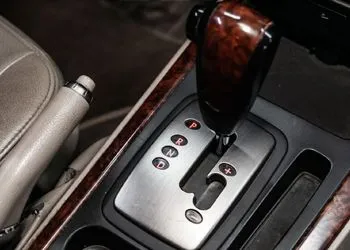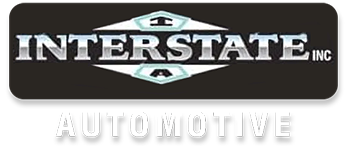5 Symptoms of a Brake Problem that You Shouldn’t Ignore

Your vehicle’s braking system is crucial for safe driving, and when it begins to show signs of trouble, it's essential to address them quickly. Ignoring brake problems can lead to costly repairs, or worse, put you and others on the road at risk. At Interstate Automotive, we provide expert brake repair in the greater Olympia, WA area. Here are five common signs of a brake issue that mean it's time to visit the mechanic.
Squeaking or Squealing Noises
One of the first signs of a brake problem is a high-pitched squeaking or squealing noise when you apply the brakes. This is often caused by a worn-down brake pad, which includes a small metal indicator designed to create this noise as a warning.
Grinding Sounds
If you hear a grinding noise when you press the brake pedal, it’s typically a sign that your brake pads have completely worn away, and the metal parts of the brakes are now rubbing against each other. This not only reduces braking efficiency, but can also damage the rotors, leading to more costly repairs. Grinding sounds should be addressed immediately to prevent further damage.
Vibrations when Braking
When you press the brake pedal and feel a vibrating or shaking sensation, it often points to warped rotors. Warped rotors create an uneven surface, causing the brakes to pulse when you slow down. This vibration can affect your control over the vehicle, so having the rotors resurfaced or replaced will help ensure smooth and safe braking.
Soft or Spongy Brake Pedal
A soft or spongy brake pedal, one that sinks closer to the floor when pressed, can indicate an issue with the brake fluid or the brake lines. This can happen if air gets into the brake lines or if there’s a leak in the brake fluid system. Without sufficient fluid pressure, your brakes won’t be as effective. This is a serious safety concern and should be checked immediately by a professional.
Car Pulls to One Side When Braking
If your car pulls to one side when you apply the brakes, it may be due to a stuck caliper. A vehicle that doesn’t stop in a straight line can be difficult to control and increases your risk of an accident, making it important to address this issue ASAP.
Brake Repair in Olympia, WA
For
auto repair in Olympia, WA and the surrounding area, contact Interstate Automotive at
360-505-7292. Feel free to give us a call to
schedule an appointment!





